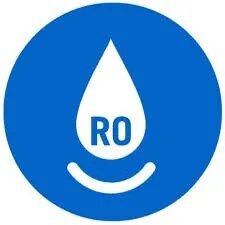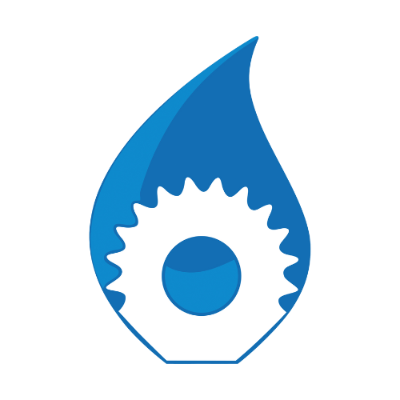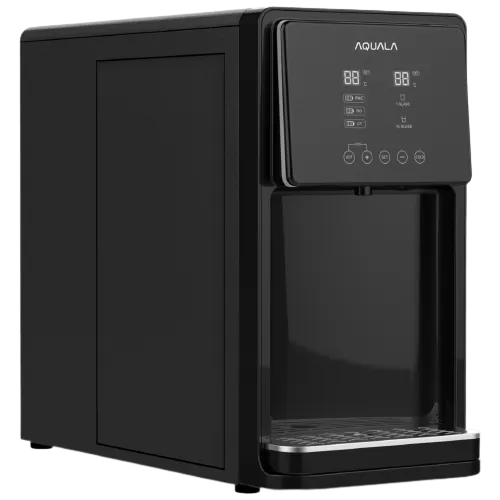
Benchtop Water Filters

Instant Hot and Cold Water Dispenser with a Reverse Osmosis Filtration System
A convenient appliance that provides you with endless filtered hot and cold water instantly. It combines the functionality of a water dispenser with a reverse osmosis water filter to ensure clean and purified water.
Our all-in-one benchtop water filter is plumbed-in to ensure a limitless supply of great-tasting and clean drinking water with your choice of water temperatures.
Its compact stylish design allows it to fit
snugly on any kitchen counter making it the perfect hot and cold filtered water dispenser for any home or small office.
AQUALA
Benchtop Instant Hot and Cold Water Dispenser with Reverse Osmosis Filtration System

Reverse Osmosis
An advanced benchtop system that removes 1000+ chemicals, metals, and contaminants from water using reverse osmosis.
Hot & Cold
Get instant cold and hot filtered water with a simple button push, for your coffee or to hydrate with a cool glass of water.

DIY Installation
Plumbs into your main water supply for limitless pure water. Installation can
be done by yourself in 10 minutes and water filter replacements in under 3 seconds



Talk about your brand
Pair text with an image to focus on your chosen product, collection, or blog post.
Add details on availability, style, or even provide a review.
Benchtop Reverse Osmosis Water Filters by MDC WATER








Benchtop Reverse Osmosis Water Filters by MDC WATER
Reverse osmosis is a highly effective water purification process utilised by advanced filtration systems. By employing a semipermeable membrane, reverse osmosis filters exert pressure on water, allowing pure water molecules to pass through while blocking impurities, contaminants, and particles.
This process ensures the removal of harmful substances such as bacteria, viruses, heavy metals, chlorine, fluoride, pesticides, nitrates, sulfates, and various other contaminants commonly found in tap water.
Yes, reverse osmosis water filters are designed to function efficiently with diverse water sources, including municipal water supplies, well water, tank water, and tap water. Generally, most standard reverse osmosis systems are designed to handle TDS levels up to 600 ppm.
Reverse Osmosis system effectively eliminates around 96% of all dissolved impurities, TDS and salt.
Reverse osmosis water filters excel at removing a wide range of impurities, including but not limited to:
Viruses and Bacteria: polio, rotovirus, norovirus, E. coli, Legionella.
Heavy metals: lead, ferrous iron, arsenic, cadmium, chromium, selenium, mercury
Chemicals: Chlorine, bromine, flouride, iodine, nitrates, sulfates, pharmaceuticals, organic acids, proteins
Contaminants: Sediment, rust, dirt, bad taste, and odours.Others: (VOCs), PCBs, BPA, and many other contaminants.
While reverse osmosis filters are highly efficient at eliminating contaminants, they also might remove beneficial minerals such as calcium and magnesium from water.
However, advanced reverse osmosis systems often incorporate additional stages, such as remineralisation, to reintroduce essential minerals into the purified water, ensuring a more balanced and healthier drinking water experience.
Yes, reverse osmosis systems produce both purified water and wastewater. The ratio varies depending on the system, but it’s typically around 3:1 or 4:1 (wastewater to purified water).
However, we supply modern RO systems designed to be more water-efficient and reduce waste, it’s up to 1:3 (wastewater to purified water)
Yes, many reverse osmosis systems are designed for DIY installation. Our RO systems are DIY, easy to install, and come with detailed installation instructions, reverse osmosis filter installation videos, and all the necessary components.
However, if you’re not comfortable with plumbing or have specific concerns, it’s advisable to hire a professional plumber or handyman to ensure proper installation.
1. Standard Faucets: These are basic faucets that come with a separate
handle for filtered RO water, Our filtered water taps are available in
many finishes and colours, See our options
2. Three Way Mixer Taps: These faucets have two handles—one for hot and
cold water, and another dedicated handle for filtered water. They
eliminate the need for a separate filtered water faucet, See our options
Most advanced reverse osmosis systems require a power source to operate. The power is typically used to drive the water through the membrane, which
is a crucial part of the reverse osmosis process. Additionally, some systems may have additional components such as pumps, TDS meters,
lifespan indicators, or electric valves that also require power.
However, there are some non-electric reverse osmosis systems available that do
not rely on electricity, they run on the water pressure (more than 40 psi).

